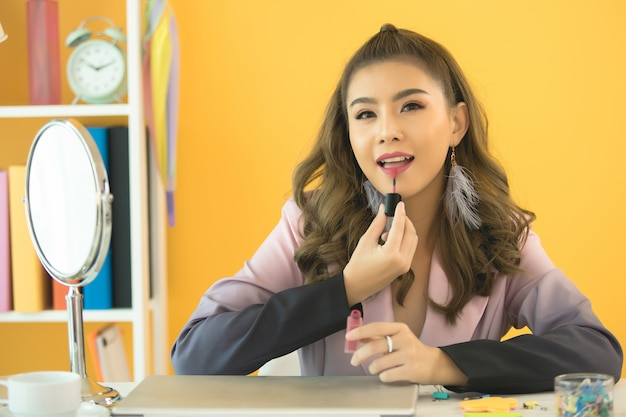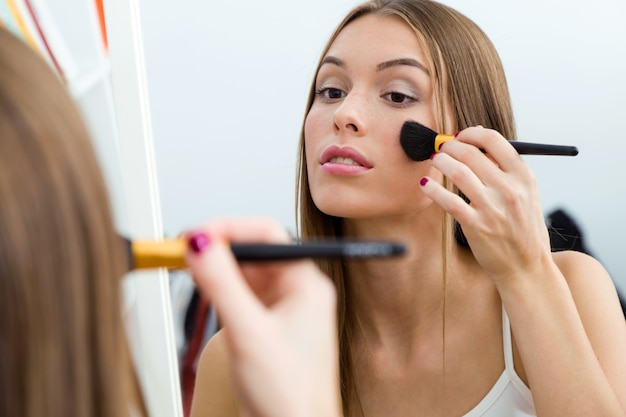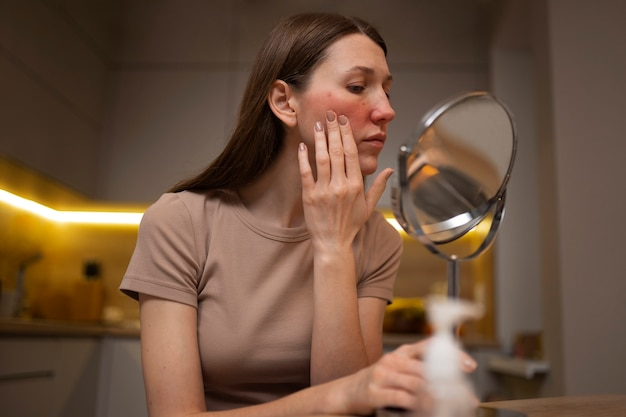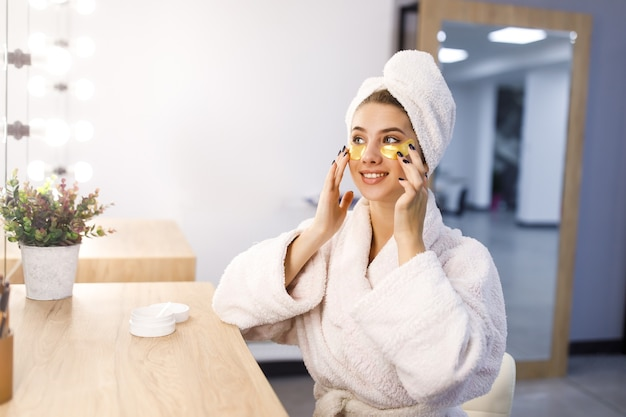Don't let acne get you down: How to prevent and treat breakouts
Acne is a common skin condition that affects people of all ages. It can be frustrating to deal with, but with the right approach, it’s possible to prevent and treat acne. Here are some tips on how to prevent and treat acne:
Keep your skin clean
One of the most important things you can do to prevent and treat acne is to keep your skin clean. Wash your face twice a day with a gentle cleanser, and avoid scrubbing too hard or using harsh products that can irritate your skin.
Avoid touching your face
Touching your face can transfer oil, dirt, and bacteria from your hands to your skin, which can cause breakouts. Try to avoid touching your face throughout the day, and wash your hands frequently to prevent the spread of bacteria.

Use non-comedogenic products
Makeup, moisturizers, and other skincare products can clog pores and contribute to acne. Look for products that are labeled “non-comedogenic,” which means they won’t clog your pores.
Watch your diet
While there isn’t a direct link between diet and acne, some studies suggest that certain foods may contribute to breakouts. Avoiding high-glycemic foods like sugary drinks, white bread, and pasta, as well as dairy and greasy foods, may help prevent acne.
Consider topical treatments
Topical treatments like benzoyl peroxide, salicylic acid, and retinoids can help prevent and treat acne by unclogging pores and reducing inflammation. Talk to your dermatologist about which treatment may be right for you.
Don’t pop pimples
As tempting as it may be, popping pimples can make acne worse by spreading bacteria and causing scarring. Instead, apply a warm compress to the affected area to help reduce inflammation.
Seek professional help
If your acne is severe or persistent, seek professional help from a dermatologist. They can recommend prescription medications, including oral antibiotics or isotretinoin, which can be effective for treating acne.
Conclusion
By following these tips, you can prevent and treat acne and achieve clearer, healthier-looking skin. Remember that everyone’s skin is different, so it may take some trial and error to find the right approach for you. With patience and persistence, you can achieve a clearer complexion and feel confident in your skin.




